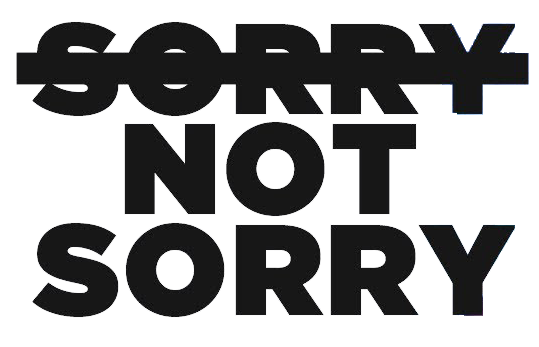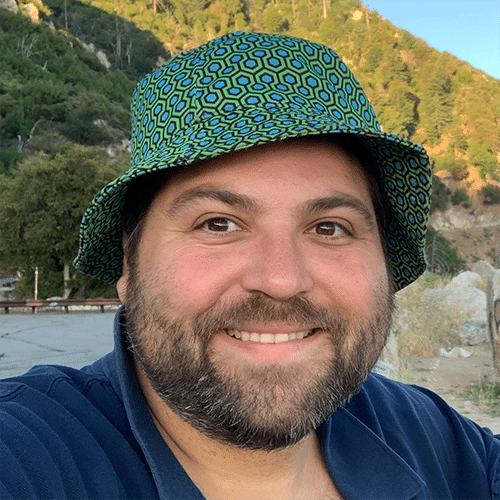
Six years ago, I was performing at a comedy show involving comedians taking on different WrestleMania-type characters. The host told me to act like a “bad guy.”
Like Andy Kaufman used to do with his wrestling character, I made racy and offensive jokes. The crowd was both booing and laughing hysterically. It worked.
Sadly, though, I heard I’d offended another comedian who was on the lineup. I felt bad and wanted to make things right. A few weeks later, I approached her at a comedy club where she was sitting with her friends. I said I was sorry for hurting her. Seemingly unimpressed, she briefly thanked me and went back to her conversation. It was tough. I knew I was wrong, but I also knew I was misunderstood. However, I wasn’t there to make myself feel better. I was there in hopes of making her feel better.
I’m not trying to virtue signal. In fact, I may have just done the opposite. It’s to illustrate a point. My performance may have been insensitive and tone-deaf, but it did not come from a place of hate. Because I was in that situation, when people say offensive things about Jews, I don’t jump to conclusions. I hear them out. That being said, it’s difficult for me when I hear anti-Semitic comments from people such as rapper-comedian Nick Cannon, NFL player DeSean Jackson, Rep. Ilhan Omar (D-Minn.) and others. How can I tell whether they are coming from a good or bad place? Apologies seemingly written by PR people to protect a person’s “brand” are not enough. They feel rote and insincere.
So, if a quick apology isn’t the solution, what is?
It’s not to try to “cancel” them. You can’t cancel a person, anyway. Only God can do that. Cancel culture is based on the heartless assertion that people can’t and won’t ever change. In Judaism, we learn the opposite: People can improve and repentance is even greater than perfection. Specific action, then, is stronger than an apology. What will the offender do to make up for an anti-Semitic offense?
I suggest the Jewish concept of repentance or teshuvah. With sincere teshuvah, you should be able to un-cancel yourself. After all, it’s what we do every year on Yom Kippur. When God hears our atonement, He can decide to keep us alive when we were already decreed to die. It’s the ultimate un-canceling. What better example do we have to go off than that?
Cancel culture is based on the heartless assertion that people can’t and won’t ever change. In Judaism, we learn the opposite: People can improve, and repentance is even greater than perfection.
So let Nick Cannon’s meeting with the Simon Wiesenthal Center pave the way to a better and more forgiving future for our society.
Following this new protocol, comedian Roseanne Barr should be given a second chance because what’s fair for one should be fair for all. Let’s not divide ourselves any more by implementing double standards within segments of our population.
For instance, in the United States, while there is zero tolerance for hate toward other minority groups, you can say anything you want about Jews and pretty much get away with it. Take Ice Cube, who has experienced no repercussions for his multiple anti-Semitic attacks on social media. Why should Jews accept this? Every one of these comments expands the ever-growing anti-Jewish narrative, and sadly, history has shown us what follows.
After I saw the effects of my offensive performance, I took a more thoughtful approach to my words and actions. However, to be fair, if I find something to be funny and offensive, I still might say it. I love edgy humor. I just think before I speak and try to do a better job of taking the temperature of the room.
As for the anti-Semites who wish to destroy the Jews and don’t want to change, perhaps the best solution is to make sure they never get to work again.
“Wait! Daniel. That’s very mean and irresponsible. And you’re a Jew. You need to take the higher road or else you’ll be just as bad as they are.”
You’re right. I’m sorry. All good?
Danny Lobell is a comedian and storyteller based in L.A. He hosts the podcast “Modern Day Philosophers.”





















 More news and opinions than at a Shabbat dinner, right in your inbox.
More news and opinions than at a Shabbat dinner, right in your inbox.